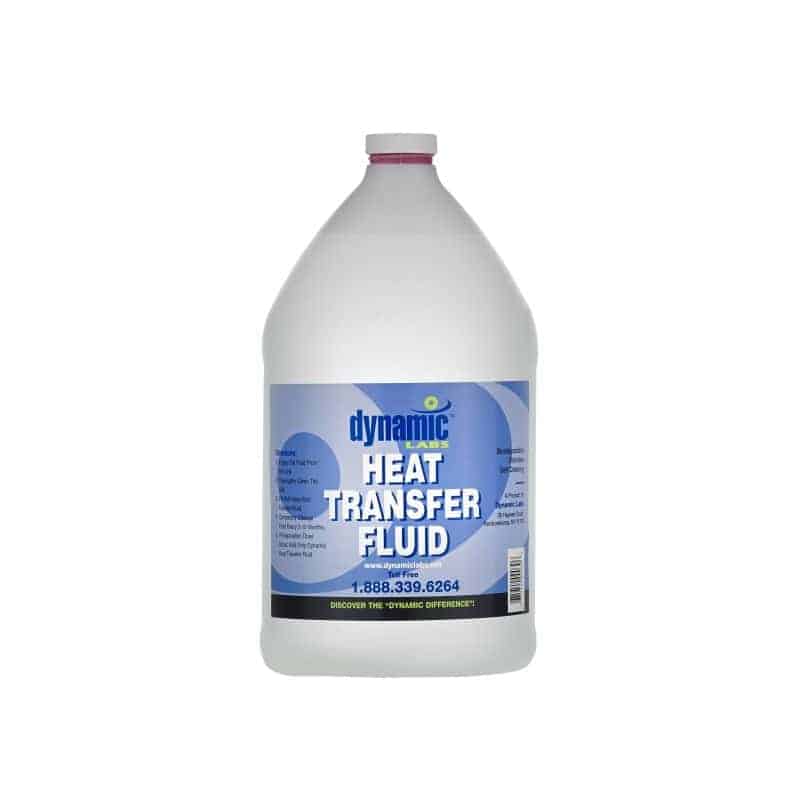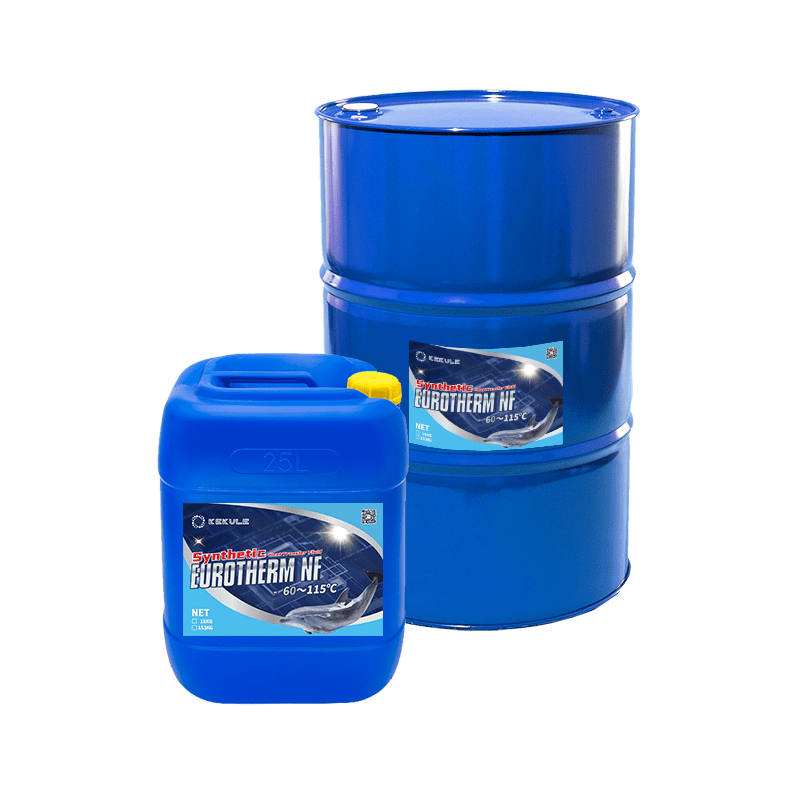Why Regular Maintenance of Heat Transfer Fluid is Important for System Long Life
Why Regular Maintenance of Heat Transfer Fluid is Important for System Long Life
Blog Article
The Function of Heat Transfer Liquid in Enhancing System Efficiency and Security
In the ever-evolving landscape of industrial procedures, warmth transfer liquids (HTFs) arise as essential elements in enhancing both system performance and security. These specialized fluids, known for their exceptional thermal conductivity and controlled thickness, make it possible for reliable warmth exchange, which is crucial for structured procedures.
Recognizing Warm Transfer Fluids
Warm transfer fluids, frequently taken into consideration the lifeline of thermal management systems, play a pivotal function in managing temperature throughout numerous industrial applications - heat transfer fluid. Industries such as chemical processing, power generation, and production count on heat transfer fluids to guarantee devices runs effectively and safely.
The selection of a suitable warm transfer liquid is critical to the success of a thermal administration system. In recap, a thorough understanding of warm transfer liquids is crucial for enhancing system performance, guaranteeing operational security, and attaining cost-efficient thermal administration options.
Secret Feature of HTFs

The details heat capacity of an HTF delineates the amount of heat energy required to alter its temperature, affecting exactly how effectively the system can respond to temperature variations. The boiling and freezing points of HTFs also play a critical role, especially in systems exposed to extreme temperatures, ensuring liquid security and protecting against stage adjustments throughout procedure.
Enhancing System Performance
To improve system performance with heat transfer fluids (HTFs), it is important to integrate a comprehensive approach that considers both fluid homes and system style. The selection of a suitable HTF is pivotal, as its thermal conductivity, viscosity, and specific heat ability straight influence the performance of warmth exchange. High thermal conductivity ensures rapid warmth transfer, while optimum thickness assists in smooth flow through the system, reducing energy consumption. Additionally, a high details warmth capability allows the liquid to shop and transfer more thermal power, improving overall system efficiency.
Just as essential is the style of the heat transfer system itself. The surface area and product of heat exchangers ought to be maximized to take full advantage of warmth transfer efficiency.
Boosting Operational Security
Making certain operational security in warmth transfer systems calls for a precise concentrate on both the residential properties of warmth transfer liquids (HTFs) and the design and maintenance of the entire system. HTFs need to have thermal stability, reduced flammability, and proper thickness to decrease risks such as leaks, fires, and system malfunctions. Picking the right HTF is important as it establishes the system's ability to deal with temperature level variations without jeopardizing safety.
The design of the system must integrate redundancies and fail-safes to take care of potential threats efficiently. This consists of the integration of safety shutoffs, stress alleviation tools, and temperature level tracking systems to spot and address abnormalities immediately. Regular upkeep is critical to make sure that all components, consisting of pumps, pipes, and seals, are operating properly and are without wear or rust, which could cause harmful leakages or failures.
In addition, personnel liable for the operation and upkeep of heat transfer systems must be adequately educated in security protocols and emergency situation response treatments. Consistent training programs and safety and security drills can dramatically decrease the chance of mishaps, making certain a much safer working setting. Eventually, an extensive technique to safety-- including liquid choice, system design, and labor force training-- is vital for ideal functional safety.
Industry Applications of HTFs
Extensively made use of across different published here industries, heat transfer liquids (HTFs) play a critical duty in improving the performance and dependability of thermal monitoring systems. In the chemical industry, HTFs are indispensable for maintaining accurate temperature levels during reactions, making sure product uniformity and quality. They help with warmth exchange procedures in activators, condensers, and warmth exchangers, thereby optimizing power usage and minimizing waste.
In the oil and gas sector, HTFs are used in both upstream and downstream procedures. They manage temperature level in exploration procedures and improve effectiveness in refining procedures by giving stable thermal conditions. This results in lowered downtime and boosted safety and security, particularly in essential operations such as distillation and splitting.
The renewable resource field likewise benefits dramatically from HTFs, specifically in focused solar energy (CSP) plants. Here, HTFs transfer captured solar energy to power site link wind turbines, making it possible for efficient electrical energy generation. The pharmaceutical sector counts on HTFs for precise temperature control in both synthesis and storage space, making certain item efficacy and safety.


Furthermore, the food and beverage sector uses HTFs for pasteurization, sterilization, and cooking procedures, improving both product safety and manufacturing effectiveness. Throughout these markets, HTFs work as essential components in keeping optimal functional efficiency and safety.
Verdict
Warm transfer fluids are necessary in enhancing commercial system efficiency and security by supplying high thermal conductivity, optimal thickness, and thermal security. Proper option and maintenance web of HTFs boost heat exchange effectiveness, therefore increasing functional performance.
Report this page